UK Politics Explained
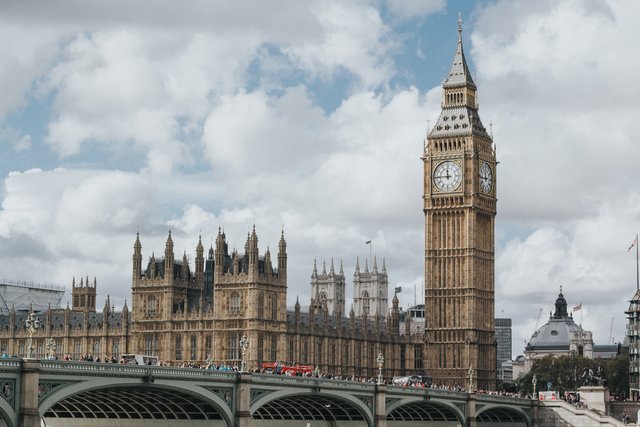
The UK is a parliamentary democracy with a constitutional monarchy. It has two monarchs, the Queen and the Prince of Wales, who are both hereditary rulers. The Prime Minister is head of government and exercises executive authority subject to parliament's approval. Parliament consists of an upper house (the House of Lords) and a lower house (the House Commons).
The Parliament has two Houses. The House of Lords is an unelected house. It can only veto financial laws and Bills passed by the House of Commons. The House of Commons has 650 members. There are 650 constituencies in the UK. Each constituency has approximately the same number of people. All citizens who are over the age of 18 and have lived in the constituency for more than 6 months are allowed to vote.
The Prime Minister is the leader of the majority party. The Prime Minister is the head of government who is the leader of the party with the most seats in the House of Commons. The Prime Minister is the leader of the House of Commons. The Prime Minister is responsible for the formulation and implementation of national policy. The Prime Minister is also responsible for the management of the Cabinet. The Cabinet consists of the Prime Minister and the Ministers who are appointed by the Prime Minister. The ministers are responsible for the day-to-day operations of different departments in the Government. The Prime Minister is also responsible for the overall coordination of the Government.
The UK political system is a parliamentary system where the Queen is the head of state and the Parliament is the ruling body. It is also a federal system. The leaders of the political parties are elected by the people in general elections. The Prime Minister is the head of government who is the leader of the party with the most seats in the House of Commons.
Decentralised national legislatures of the uk

The decentralised national legislatures of the uk are a form of government in which representative assemblies and councils operate at regional, provincial, or county level. The Parliament is located in London and has two houses - the House of Lords and the House of Commons.
Voting rights vary according to location: residents entitled to vote in metropolitan counties have a similar voting power as those living outside metropolitan counties; those living within non-metropolitan district areas have one third more votes than citizens without resident entitlement but only half as much weightage when it comes to making laws; while inhabitants entitled to vote in unitary authorities (the equivalent of municipalities) enjoy full voting powers.
As a country progresses, it might undergo various changes, one of which is the need for decentralised national legislatures. What are they? How do they work? What are the benefits? These are some of the pertinent questions that need to be answered in order to better understand this concept.
A decentralised national legislature, commonly known as a unicameral system, is a form of legislature in which the legislature is located at the regional or county levels. The UK has a unicameral system of legislatures. These are known as the House of Lords and the House of Commons.
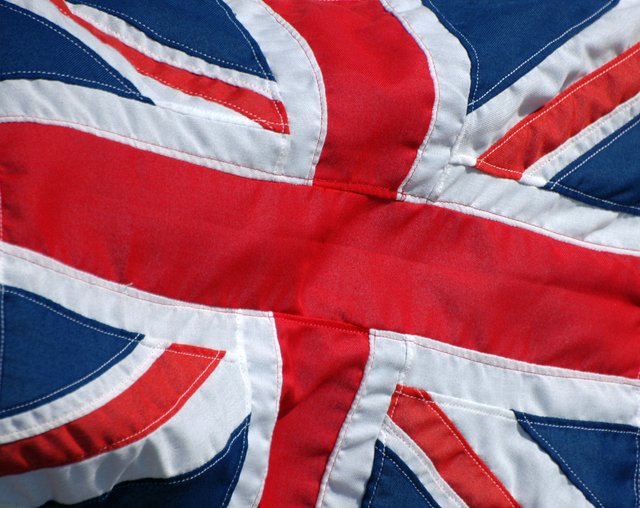
The House of Lords is a completely separate institution from the House of Commons. The House of Commons is made up of two houses: the House of Lords and the House of Commons. The House of Commons is a democratically elected body that is responsible for passing legislation.
In a decentralised national legislature, the powers of the legislature are divided between two or more institutions. The House of Lords has a limited number of powers. These powers are related to the appointment of members of the House of Lords and the veto power that the House of Lords has over legislation. The House of Commons has a greater number of powers.
These powers are related to the passing of bills, the veto power that the House of Commons has over legislation, and the right of the House of Commons to carry out inquiries. The House of Lords and the House of Commons have the same number of members. This means that the House of Lords and the House of Commons have an equal say in the way that the government functions.
The benefits of a decentralised national legislature are many. These benefits include:
– Less corruption
– Limited power of the House of Lords
– Greater powers for the House of Commons
– More democratic process
– More accountability of the government
– Better representation of different sections of the population
– More effective delivery of services
The decentralised national legislatures are a valuable asset for a country as they provide a better way of governing the country. They help to reduce corruption and ensure fair and transparent elections. They also ensure that the government has a limited power and that the House of Lords does not have a veto power over legislation. The House of Lords also has a limited number of powers and is not as influential as the House of Commons. This makes the House of Lords easier to control.
In addition, the House of Commons has the power to carry out inquiries. This helps to ensure that the government is held to account. The benefits of a decentralised national legislature go beyond the practical matters of governance. They also help to promote democracy and ensure that the different sections of the population are accurately represented.
Decentralized national legislatures of the UK are a valuable asset for a country. They help to reduce corruption, ensure fair and transparent elections, and provide a better way of governing the country.
Her Majestys rule

The structure of Her Majesty's Government of the United Kingdom is based on the British parliamentary system. The Queen is the head of state, but the prime minister is the head of the government. The government is made up of the Queen's Ministers, who are responsible to the Queen. The government also has two houses–the House of Lords and the House of Commons. The House of Commons is the lower house and is made up of 435 members. The House of Lords is the upper house and is made up of 647 members. The prime minister is the leader of the House of Commons.
The government can make laws and pass bills in the House of Commons. The House of Lords can only delay or reject bills passed by the House of Commons. The Queen can sign, veto, or reserve all or part of a bill, but she cannot change it. The government can also make a proclamation, which is a formal statement about the government's policy.
The government tries to do what is called 'politics by other means', which means that it doesn't always have to use the Parliament to pass laws. Some important examples of this are the royal prerogative and the military emergency. The royal prerogative is the power of the government to make decisions without involving the Parliament. The military emergency is when the government decides that it needs to use the powers given to it by Parliament to act quickly and efficiently.
The British parliamentary system is a very important part of the government of the United Kingdom. The government tries to use other means to pass laws, which helps to keep the government running smoothly. The system is also important because the Queen is the head of state and the prime minister is the leader of the House of Commons.
Politics of England Wales and Northern Ireland
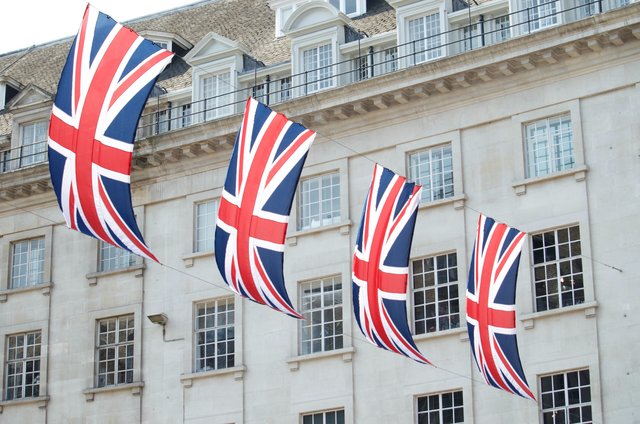
England Wales and Northern Ireland politics is the political system of three countries in the United Kingdom. The UK has a parliamentary democracy, with representative institutions at national, regional and local levels.Each part of the UK has its own parliament and government, which makes it one of the most complex democracies in existence.
England, Wales and Northern Ireland have their own unique history and political situation which is separate from the rest of the United Kingdom. England, Wales and Northern Ireland have been part of the United Kingdom for over 300 years, but have always had their own distinct identities. The history of England, Wales and Northern Ireland is complex and involves a lot of battles, treaties, and wars.
The political situation in England, Wales and Northern Ireland is complex and has been difficult to understand. There has been a lot of political change and flux over the past few years, but it is still not clear what the future holds for England, Wales and Northern Ireland. The British political system is very complicated, and it is difficult to understand the different factions and alliances. Many people in England, Wales and Northern Ireland don't understand the political situation, and they are very angry and frustrated.
What people in England, Wales and Northern Ireland think about the political situation is important. Many people are angry and frustrated, but there are also many people who are determined to fight for their own rights. Many people in England, Wales and Northern Ireland think that the political situation is corrupt, and they want change. However, it is difficult to change the political system, and it may take a long time for things to change.
The political situation in England, Wales and Northern Ireland is complex and difficult to understand. Many people in England, Wales and Northern Ireland are angry and frustrated, but there are also many people who are determined to fight for their own rights. It is difficult to change the political system, and it may take a long time for things to change.
Politics of scotland
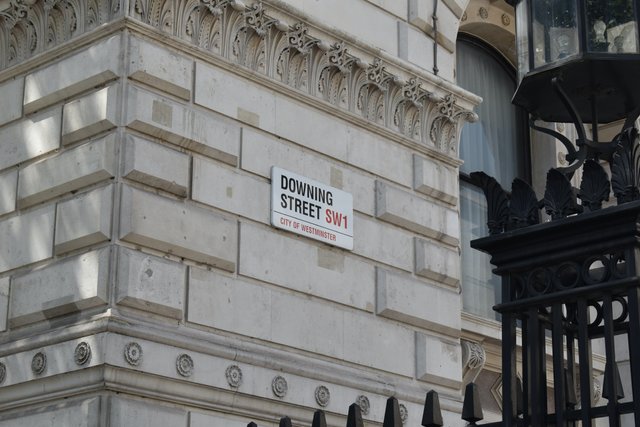
The politics of Scotland refers to the various political processes and outcomes in Scotland, which has been part of the United Kingdom since 1707. The kingdom emerged as an independent state following a long process that started with Viking invasions and ended with negotiations between James VI of Scotlands daughter Mary II and Queen Elizabeth I for Scottish independence.
After centuries of fighting for independence, Scots achieved self-government within the UK after winning their first referendum on 18 September 1979. However, there have been many challenges along the way – mainly due to persistent conflict over taxation (particularly oil revenues)– as well as disputes about devolution , national identity , language rights, social welfare provision and other constitutional matters .
Scotland voted by a large margin to leave the United Kingdom in a referendum held on Thursday, September 18th, 2014.
The majority, by a margin of 55% to 45%, decided to leave the union, which had been in place since 1707. The question that was put to the Scottish people, "Should Scotland be an independent country?" was answered in a resounding "Yes." The referendum was a deeply emotional and controversial issue, with many Scots feeling passionately about it.
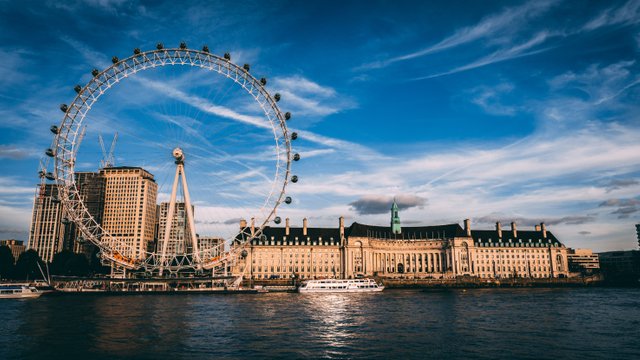
The political landscape of Scotland is vastly different from that of the United Kingdom. Scotland has its own parliamentary system, its own legal system, and its own currency, the Scottish pound. The two governments, in Edinburgh and London, have a duty to allocate powers between the two, but there is no longer a union between the two.
The Scottish Parliament, or the "British Legislature," has a devolved power to make laws in areas such as taxation, welfare, health, education, and transport. In addition, the Scottish Parliament has the power to borrowing money, create its own banks, and set its own rates of interest.
The future of Scotland is uncertain. Some argue that the economic viability of an independent Scotland will be difficult, given that Scotland's services are highly integrated with those of the rest of the UK. Others suggest that an independent Scotland will be a thriving democracy, with a strong culture and a vigorous economy. It is still too early to tell what the future holds for Scotland, but the country has asserted its independence and broken away from the United Kingdom in a dramatic way.
The referendum on Scottish independence was a deeply emotional and controversial issue, with many Scots feeling passionately about it. The political landscape of Scotland is vastly different from that of the United Kingdom. Scotland has its own parliamentary system, its own legal system, and its own currency, the Scottish pound.